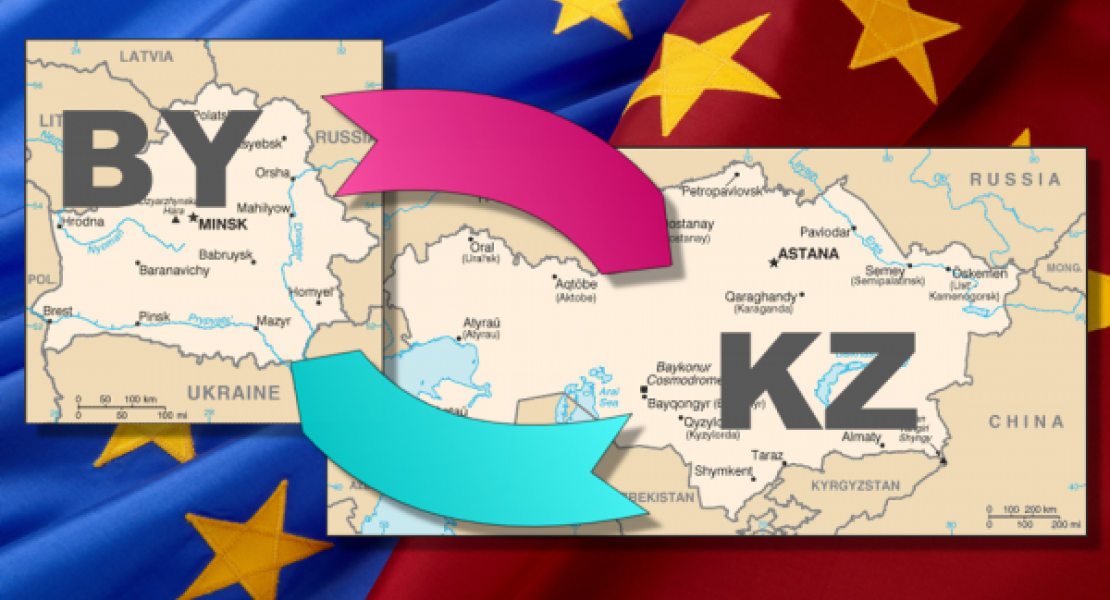Belarus is closer to being a competitive authoritarian regime. The cult of personality is less present in Belarus, than in Kazakhstan.
Belarus and Kazakhstan have the longest serving rulers among the post-Soviet countries. Both countries share the Soviet legacy and some characteristics of their political regimes. The two are the most integrated with Russia and are crucial participants in the Eurasian integration process. Therefore, it is interesting to compare the two countries in the aspect of the durability of their authoritarianisms.
In the paper, the author compares the ruling regimes in Belarus and Kazakhstan, their claims to legitimacy and the approach of the EU towards the two countries. There is also an attempt at revealing the factors of the durability of the two autocratic regimes.
Main theses:
- Belarus shares some features of non-competitive authoritarian regimes but is closer to being a competitive authoritarian regime.
- The cult of personality is much less present in Belarus, than in Kazakhstan.
- Availability of huge sources of income not directly connected to economic activity of the population of the country is one of the major enablers of the longevity of both regimes.
- Though Kazakhstan is not less but rather more authoritarian than Belarus, it has never faced similar pressure from the EU as the one applied to Lukashenka’s regime
- Attempts at democratization by the EU have been almost absent in Kazakhstan and largely unsuccessful in Belarus.


